Surgery can be a stressful time for your body. To avoid any complications, you will want to ask if there are any supplements you should avoid before surgery. Your doctor may give you a list of medications you should stop taking, but some supplements can increase the risk of complications too. There may even be a possibility of drug interactions between anesthesia and medications used in surgery with supplements you may be using. This article will give you a list of some supplements that may cause surgical complications.
Supplements to Avoid Before Surgery
Your doctor will let you know exactly what not to take before surgery, but below is a list 10 of the most common supplements that may cause complications:
1. Garlic
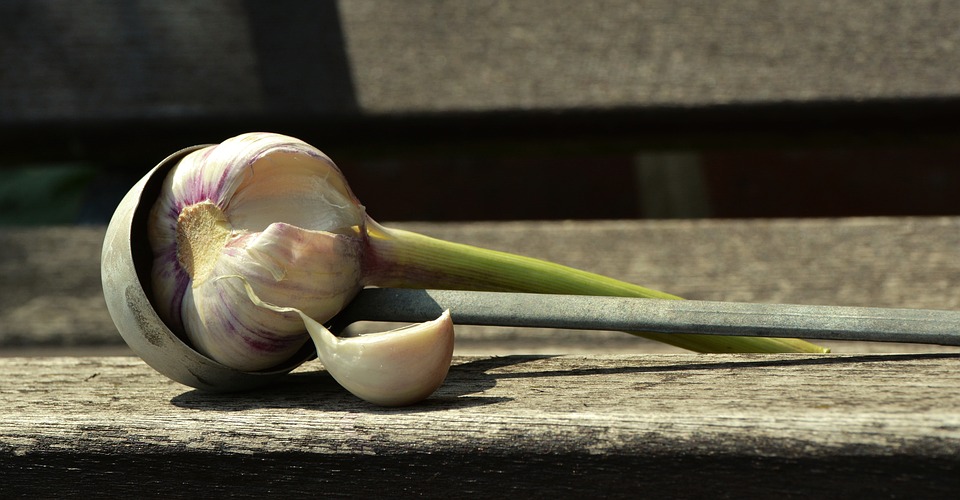
Garlic has natural blood thinning properties and can increase bleeding risk during surgery. Garlic may also cause cardiac complications. It is recommended that garlic supplements be stopped 7 to 10 days prior to surgery, but some doctors even say 14 days prior to surgery.
2. Fish Oil

Fish oil is known to have blood thinning capabilities and can increase the risk of hemorrhage during and after surgery. New studies show that stopping fish oil 4 to 7 days prior to surgery may be sufficient.
3. Ephedra
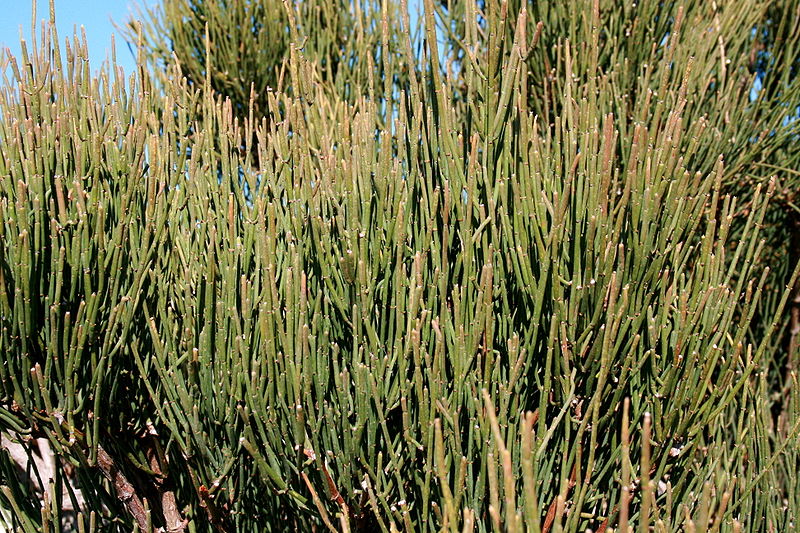
This stimulant herb may also be known as "mormon tea" and can cause cardiac complications during surgery. It can raise your blood pressure and your heart rate. It is recommended that ephedra be stopped at least 36 to 48 hours before your surgery. Ephedra was found to clear the body via the kidneys very quickly.
4. Valerian
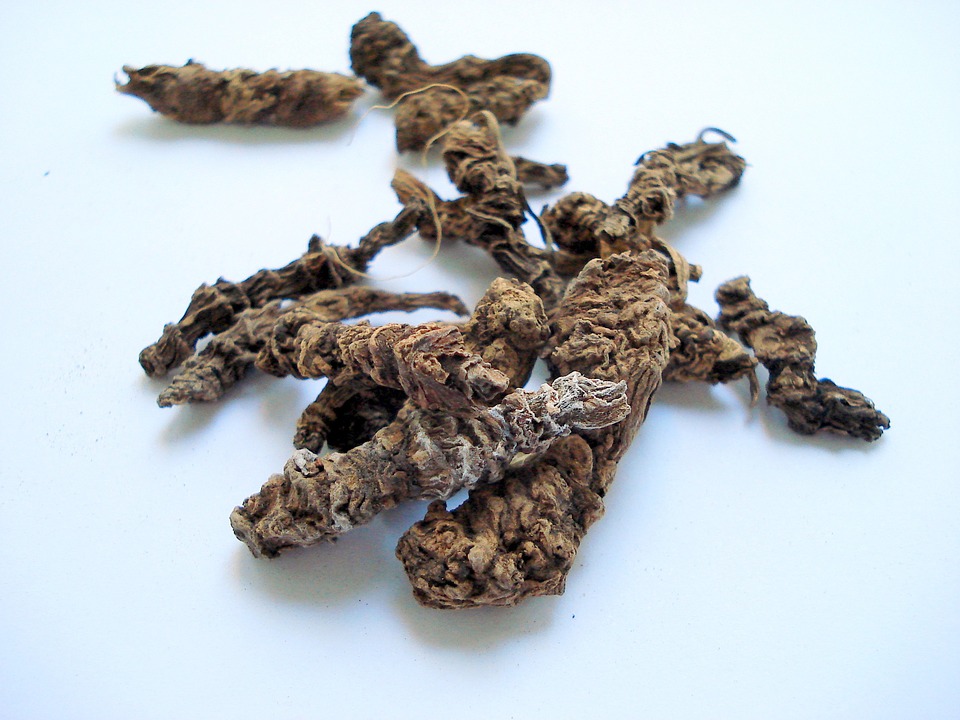
One of the important supplements to avoid before surgery is Valerian, because it has sedative properties and can intensify the effects of anesthesia on your body. Valerian should be tapered and stopped over 2 to 3 weeks prior to surgery. Also, let your anesthesiologist know you have been taking Valerian.
5. Feverfew

Feverfew can have drug interactions with things used to prevent blood clotting such as warfarin (coumadin, lovenox, and heparin). These are routinely used during heart and orthopedic surgeries. It is usually recommended that Feverfew be stopped at least 1 to 2 weeks prior to surgery.
6. Kava Kava

Kava is a sedative herb that helps to calm anxiety and induce sleep. The sedative properties can interact with drugs used for anesthesia. Kava should be stopped at least 2 weeks prior to surgery.
7. Gingko biloba

Gingko biloba interferes with the antiplatelet and clotting factors in blood. It may increase the risk of bleeding during and after surgical procedures. The current recommendation is to stop Gingko from 36 hours to 2 weeks prior to surgery depending on how much you use and your doctor's advice.
8. Ginseng

Another one of the supplements to avoid before surgery is ginseng as it may increase or decrease blood pressure. It may also cause blood sugar drops and, when fasting prior to surgery, may cause complications. It also has blood thinning properties. Ginseng should be stopped at least one week prior to surgery.
9. St. John's Wort
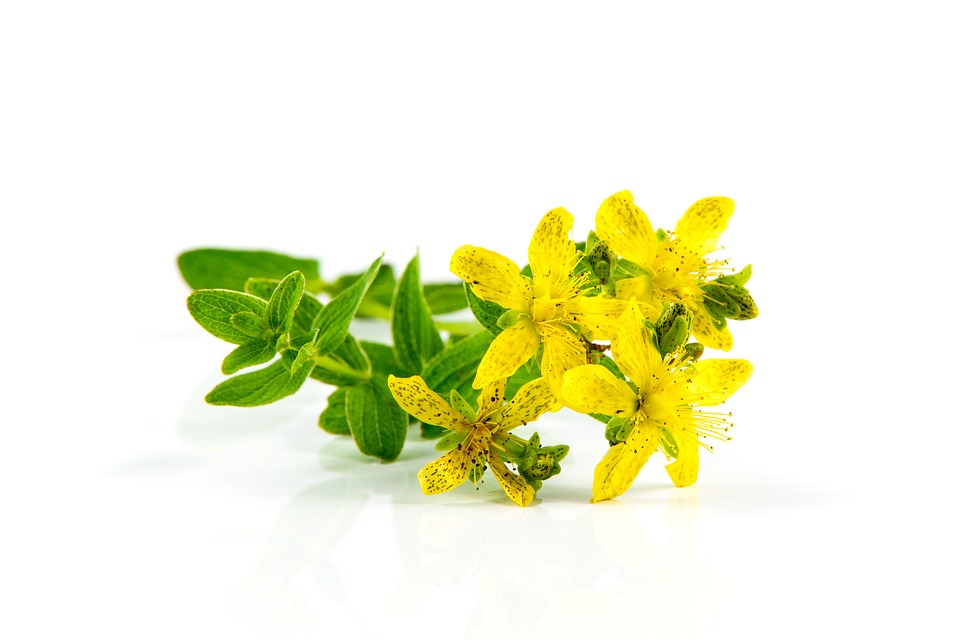
St. John's Wort is an herbal anti-depressant and can interact with other sedating medications, especially anesthesia. Experts recommend that St. John’s Wort be stopped at least 5 days prior to surgical procedures that require anesthesia.
Another note on St. John's Wort, this herb can cause you to be sensitive to light, both sunlight and laser light. This herb should be stopped before any procedures using laser technology.
10. Dong Guai
Dong quai is used as a type of hormone replacement for PMS and menopause symptoms. It can also help "clean" the blood and prevent allergies. It has blood thinning properties and can increase the risk of bleeding in surgery and during recovery. Dong quai should be stopped 2 weeks prior to surgery.
11. Goldenseal
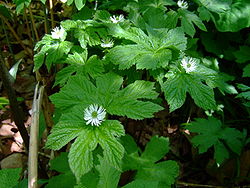
Goldenseal inhibits an enzyme in the liver that helps your body metabolize certain drugs. This can cause toxic levels of medications that cannot be broken down to remain in your bloodstream. This includes sedatives and anesthesia. Goldenseal should be stopped 10 days to 2 weeks before your surgery.
12. Echinacea

Echinacea alters the immune system function. It may suppress parts of the immune system that promote healing if you use it often for long periods of time. There may also be a potential for drug interactions. Echinacea should be stopped as far back as possible from your surgery date. This is especially important if you will be taking drugs to suppress your immune system.
13. Licorice
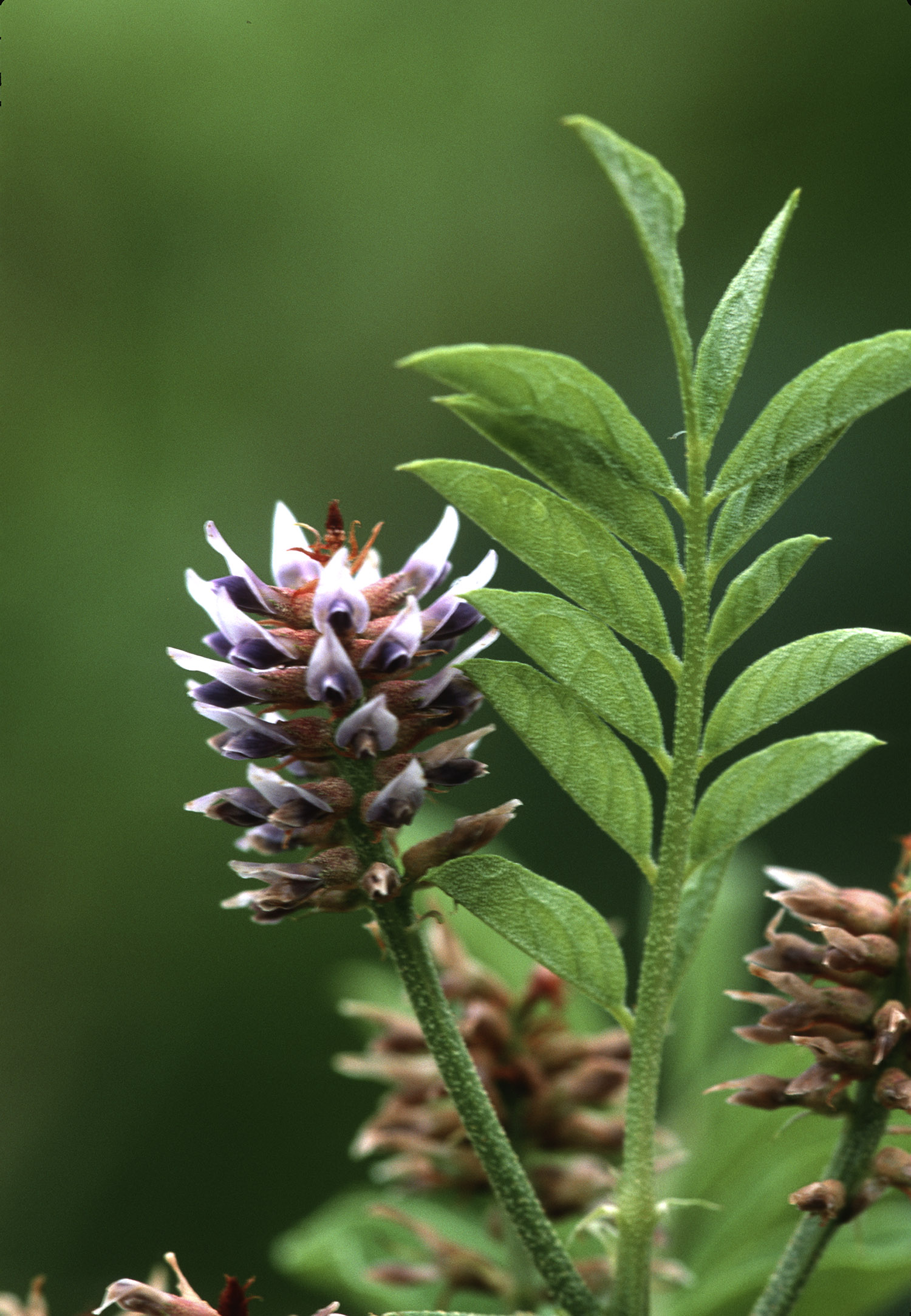
Licorice can raise blood pressure and lower the levels of potassium in your body. If you will be having surgery, stop using licorice two weeks before.
Supplements to Take Before Surgery
While there are supplements to avoid before surgery, there are actually some that may help speed up your recovery. When you are facing surgery, you will want to make sure that your body is ready with all the right nutrients and vitamins you will need to heal.
Eating a very healthy diet in the weeks before, along with certain supplements, you can make sure your body has what it needs. Supplements that can support your body's ability to heal and increase your immune system strength include:
- Protein and Amino Acids: Make sure you are eating enough protein in your diet, and getting enough amino acids (building blocks). The important amino acids are: L-Arginine, and L-Glutamine which speed up wound healing and give your immune system a boost.
- Dairy, Calcium and Vitamin D: Eat and drink dairy products and supplement calcium and vitamin D if necessary. Calcium and vitamin D help keep your bones strong and your nervous system working correctly. Vitamin D also supports your immune system.
- Vitamin C helps your body make collagen. This is an important part of skin and tissue healing. Vitamin C also helps your immune system respond to areas that need to heal.
- Vitamin E (take after surgery) helps the skin heal and can reduce scarring if rubbed on your surgical incisions. Only use vitamin E after surgery because it may increase blood clotting time.
- Vitamin A can increase your body's production of collagen and supports the immune system. It also helps to build healthy bone.
- Vitamin K (Use only after surgery) helps prevent excessive bleeding by giving your body what it needs to form blood clots and stop bleeding.
- Vitamin B (complex) supports all the cells in the body when repairing tissue, strengthen the immune system, and give you energy needed to heal.
- Zinc helps your body heal wounds quickly. It helps your body make certain enzymes that regenerate tissue.
- Magnesium lowers inflammation in your skin and helps increase the rate of healing.
